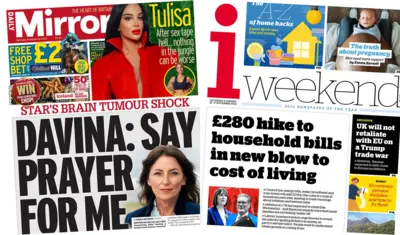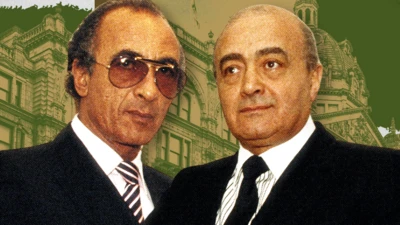We've updated our Privacy and Cookies Policy
We've made some important changes to our Privacy and Cookies Policy and we want you to know what this means for you and your data.
Flybe promises overhaul after £20m loss
Regional airline Flybe has hit turbulence, running up a near £20m loss after previous expansion plans proved too ambitious.
The carrier reported a pre-tax loss of £19.9m in the year to 31 March, despite revenues rising 13.4% to £707.4m.
Flybe said it would start to reduce the size of its fleet after it saw slowing growth in consumer demand.
However, it insisted the current year was going well and efforts to turn a profit again were well underway.
Too many planes
Flybe has struggled in the past year with a series of costly mistakes, including running too many loss-making routes and failed joint ventures.
An aggressive expansion plan increased capacity on the airline by 12.3% to 12.7 million seats, but passenger numbers only rose 7.6% to 8.8 million.
Six Bombardier Q400 aircraft will be cut from the fleet next year.
But the City appeared pleased with the company's future plans to return to profit, with shares up 6% to 35p in early trading.
The company said in a statement: "Despite the substantial progress in reducing the size of legacy fleet orders in 2015/16, Flybe has still seen significant capacity growth in a market where we witnessed slower growth in consumer demand.
"New routes and increased frequencies were targeted to cover marginal costs in the early years of operation, but do not contribute significantly to overall profitability.
"The capacity growth therefore had a negative effect on profitability."
It added: "We will make Flybe a sustainable business that operates the best routes and at the best times to suit the needs of our customers."
Its focus will be on improving its UK routes in particular, and expanding relations with regional airports.
In addition to the over-capacity problems, a major IT upgrade hit profits by £4.8m last year and the company warned that an extra £6m would have to be spent cancelling costly contracts.
Top Stories
More to explore
Most read
Content is not available








